The Apostolic Council: A turning point in the expansion of early Christianity
The Apostolic Council, often referred to as the Council of Jerusalem, was a pivotal moment in the history of Christianity. Held around 48–50 CE, this gathering addressed a critical question: Could non-Jews, or Gentiles, join the community of Jesus’ followers without first converting to Judaism? This decision marked a decisive shift, transforming the Jesus movement from a Jewish sect into a universal faith accessible to all people. The outcomes of this meeting not only facilitated the rapid expansion of early Christianity but also fundamentally reshaped its identity and relationship with Judaism.

James the Just, whose judgment was adopted in the Apostolic Decree of Acts 15:19–29, c. 78 CE: “we should write to them [Gentiles] to abstain only from things polluted by idols and from fornication and from whatever has been strangled and from blood…”. Neo-Byzantine icon. Source: Wikimedia Commonsꜛ (license: public domain)
Context of the Apostolic Council
The Apostolic Council is set into the year 48–50 CE, a time when the early Christian movement was grappling with questions of identity and inclusion. In the years following the emergence of the Jesus movement, its followers continued to view themselves as Jews who believed that Jesus was the promised Messiah. They worshiped in synagogues, observed Jewish laws, and upheld the covenantal practices of circumcision, dietary laws, and Sabbath observance. However, as the message spread beyond the Jewish community, it began attracting Gentiles who admired Jewish monotheism and ethics but were unwilling to fully adopt Jewish customs.
Gentile attraction to Judaism and the Jesus movement
Judaism held a unique position within the religious landscape of the Greco-Roman world. As a monotheistic tradition with a strong ethical and theological foundation, it appealed to many Gentiles disillusioned by the complexities and moral ambiguities of polytheism. While traditional Greco-Roman religions emphasized ritual practices, civic obligations, and appeasing multiple deities, Judaism offered a structured and cohesive worldview grounded in the belief in one omnipotent God.
Gentiles who admired these aspects often became known as God-fearers (Greek: theosebeis). These individuals participated in synagogue services and revered the Jewish God but did not fully convert due to the stringent requirements of Jewish law, such as circumcision and dietary restrictions. The Jesus movement provided an alternative path for these spiritually inclined Gentiles, presenting teachings that emphasized moral transformation, love, and compassion without requiring adherence to the entirety of Jewish customs.
Early Christian teachings associated with Jesus resonated deeply with these individuals. The movement proclaimed a universal message of salvation and spiritual renewal, which appealed to those seeking purpose and connection in a rapidly changing world. By focusing on values like forgiveness, inclusivity, and hope for eternal life, the Jesus movement offered a framework that transcended cultural and social divisions. This inclusivity, combined with the simplicity of practices like communal meals and baptism, made it accessible to a broad audience.
The rapid growth of Gentile participation in the Jesus movement highlighted a crucial challenge: how to integrate these new adherents while maintaining the movement’s connection to its Jewish roots. This tension became a central issue addressed at the Apostolic Council, where leaders sought to define the boundaries of faith and practice in this increasingly diverse community.
The challenge of integration
As Paul and other missionaries actively preached to Gentiles, significant numbers began joining the Jesus movement. This raised contentious questions:
- Should Gentiles adopt Jewish practices, including circumcision, to be part of the Jesus community?
- Could the Jesus movement remain within Judaism while incorporating non-Jews?
These debates created tensions within the community, particularly between those who believed in maintaining Jewish traditions (led by James, Peter, and others in Jerusalem) and those advocating for a more inclusive approach (notably Paul and Barnabas).
The Apostolic council: Resolving the debate
The Apostolic Council, as described in Acts 15, was convened in Jerusalem to resolve these tensions. Representatives of various factions, including Paul and Barnabas from Antioch, met with leaders of the Jerusalem community, including Peter and James.
Key points of debate
- Circumcision and the law of Moses:
- The universality of the Jesus message:
Peter’s intervention
Peter made a compelling argument based on his own experience with Cornelius, a Roman centurion and Gentile believer (Acts 10). He testified that God had given the Holy Spirit to Gentiles without requiring them to follow Jewish law, stating:
“God, who knows the heart, showed that he accepted them by giving the Holy Spirit to them, just as he did to us. He did not discriminate between us and them, for he purified their hearts by faith” (Acts 15:8–9).
James’ compromise
James, the leader of the Jerusalem community, proposed a compromise. While Gentiles would not be required to undergo circumcision or fully adopt Jewish law, they were asked to observe a few key practices:
- Abstain from food sacrificed to idols,
- Avoid consuming blood and meat from strangled animals,
- Refrain from sexual immorality (Acts 15:19–20).
This decision was codified in a letter to Gentile believers and marked the beginning of a more inclusive Christianity.
Adding a section on the historicity of the Apostolic Council could provide valuable context, especially given the scholarly debates surrounding its authenticity and portrayal in Acts. Here is how such a section might look:
Historicity of the Apostolic Council
The historicity of the Apostolic Council is a topic of scholarly debate due to variations between the narrative in Acts and Paul’s own accounts in his epistles.
Evidence supporting historicity
- Paul’s account in Galatians: In Galatians 2, Paul describes a meeting in Jerusalem with key leaders such as Peter and James. This meeting focused on similar issues, particularly the inclusion of Gentiles and the question of adhering to Jewish law. While the tone and details differ, the existence of such a gathering lends credibility to the general idea of an early council addressing Gentile inclusion.
- Historical context: The early Christian movement’s expansion into Gentile communities and the resulting tensions over Jewish customs make it plausible that such debates occurred and were addressed collectively.
Challenges to historicity
- Differences between Acts and Galatians: While Acts 15 portrays a harmonious resolution, Paul’s account in Galatians emphasizes his independent authority and hints at ongoing disagreements, suggesting that the council may not have been as decisive or unified as Acts presents.
- Theological agenda of Acts: Scholars often view Acts as a narrative with a theological and conciliatory agenda. Its portrayal of a unified early church may reflect an idealized version of events rather than historical reality.
- Lack of independent corroboration: Outside of Acts and Paul’s letters, there is no contemporary evidence of the council or its decisions, leaving its details open to interpretation.
Scholarly perspectives
Some argue that while Acts may embellish or harmonize the event, the basic premise of a council addressing Gentile inclusion is historically credible.
Others suggest that the council, as described in Acts, is a literary construct designed to present an orderly and unified narrative of early Christian development.
Implications for early Christianity
Even if the precise details are uncertain, the Apostolic Council symbolizes the broader process of negotiation and adaptation that characterized early Christianity’s transition from a Jewish sect to a faith inclusive of Gentiles. Whether or not the council occurred as described, it reflects the theological and social dynamics of the time.
The significance of the Apostolic Council
The outcomes of the Apostolic Council were transformative, shaping the trajectory of early Christianity in several key ways:
- Opening the Jesus movement to the Gentile world
By removing the requirement for Gentiles to adopt Jewish customs, the Apostolic Council made the Jesus movement accessible to a vastly larger audience. This inclusivity resonated particularly with God-fearers and others already drawn to Jewish teachings but hesitant to convert fully to Judaism. - Distancing Christianity from Judaism
The decision to exempt Gentiles from Jewish law marked a gradual but significant departure from Judaism. While early Christians still considered themselves part of the Jewish tradition, this decision laid the foundation for Christianity’s eventual emergence as a distinct religion. - Paul’s role in the mission to the Gentiles
The decision vindicated Paul’s missionary efforts and encouraged him to continue spreading the message of Jesus throughout the Roman Empire. Paul’s letters, which constitute much of the New Testament, reflect the theological foundations of this inclusive vision, emphasizing faith and grace over legalism (e.g., Galatians 3:28).
The spread of Christianity and its impact
The Apostolic Council set the stage for Christianity’s rapid expansion across the Roman Empire. By embracing Gentiles, the movement gained momentum in urban centers like Antioch, Ephesus, and Corinth, where Paul’s missions were particularly successful.
Gentile reception of Christianity
Many Gentiles were drawn to Christianity due to its universal message of salvation and its emphasis on love, forgiveness, and hope. The teachings associated with Jesus resonated deeply with individuals seeking spiritual fulfillment and a sense of purpose.
The simplicity of Christianity’s core practices, such as baptism and communal meals, made it further accessible to people from diverse cultural backgrounds. These practices did not require adherence to the complex rituals and customs of Judaism, allowing Gentiles to embrace the faith without significant cultural or social barriers.
Changes in daily life for early adopters
For early adopters of Christianity, daily life underwent significant changes. The new faith fostered a sense of community and belonging, as believers gathered regularly for worship, prayer, and communal meals. These gatherings provided spiritual nourishment and reinforced the values of love, compassion, and mutual support.
Christians were encouraged to care for the sick and the poor, share their resources, and live ethically, distinguishing themselves from broader Roman society. By rejecting practices such as idolatry, infanticide, and sexual immorality, early Christians adopted a lifestyle that reflected their commitment to the teachings of Jesus and their hope for eternal life.
Conclusion
Whether the council historically happened as described in the New Testament or was a theological construct, its decisions had profound implications for the future of Christianity. By opening the Jesus movement to Gentiles, the apostles transformed Christianity into a universal faith capable of transcending cultural and ethnic boundaries. This inclusivity resonated with a diverse array of people across the Roman Empire, enabling the rapid spread of the Gospel and laying the foundation for Christianity’s upcoming impact on Western history.
References and further reading
- Udo Schnelle, Die ersten 100 Jahre des Christentums 30-130 n. Chr. - Die Entstehungsgeschichte einer Weltreligion, 2016, UTB, ISBN: 9783825246068
- Walter Dietrich, Hans-Peter Mathys, Thomas Römer, Rudolf Smend, Die Entstehung des Alten Testaments, 2014, Verlag W. Kohlhammer, ISBN: 9783170203549
- Bart D. Ehrman, The New Testament – A historical introduction to the early Christian writings, 2000, Oxford University Press, USA, ISBN: 9780195126396
- Bruce Manning Metzger, Bart D. Ehrman, The text of the New Testament – Its transmission, corruption, and restoration, 2005, Oxford University Press, USA, ISBN: 9780195166675
- Richard Carrier, On the historicity of Jesus – Why we might have reason for doubt, 2014, Sheffield Phoenix Press, ISBN: 9781909697492
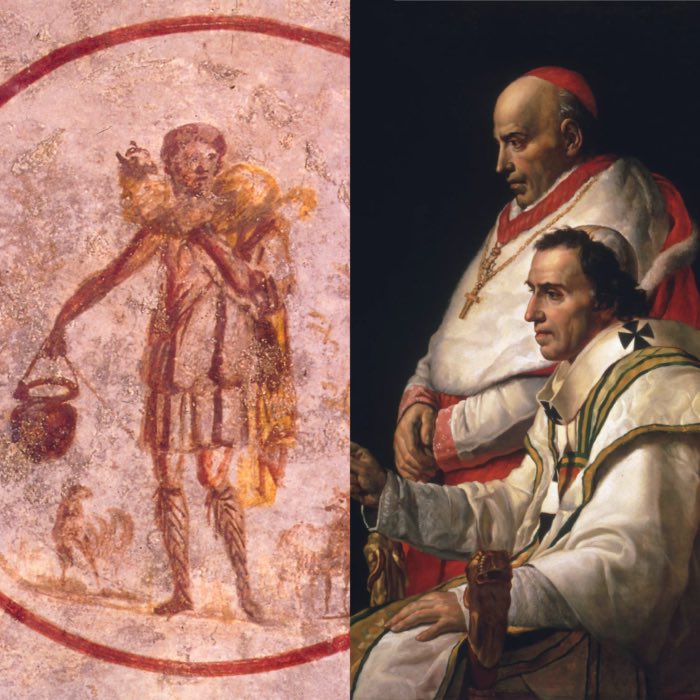
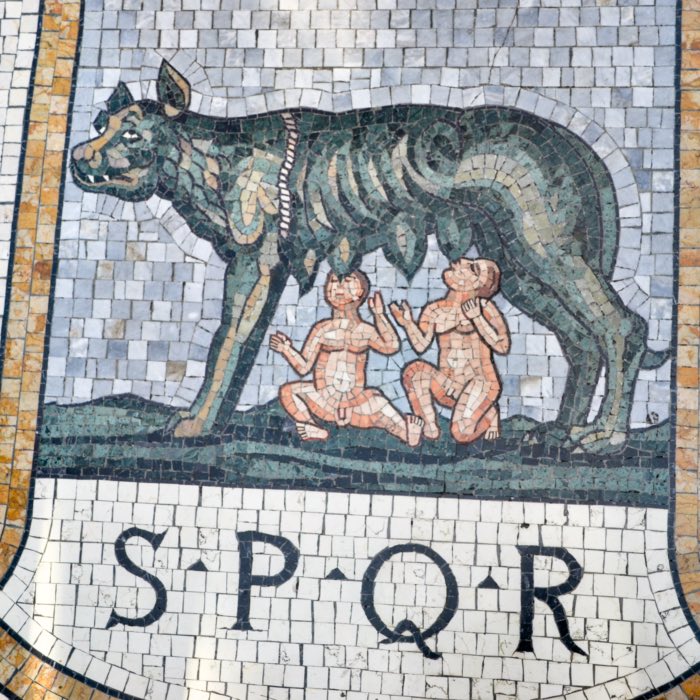
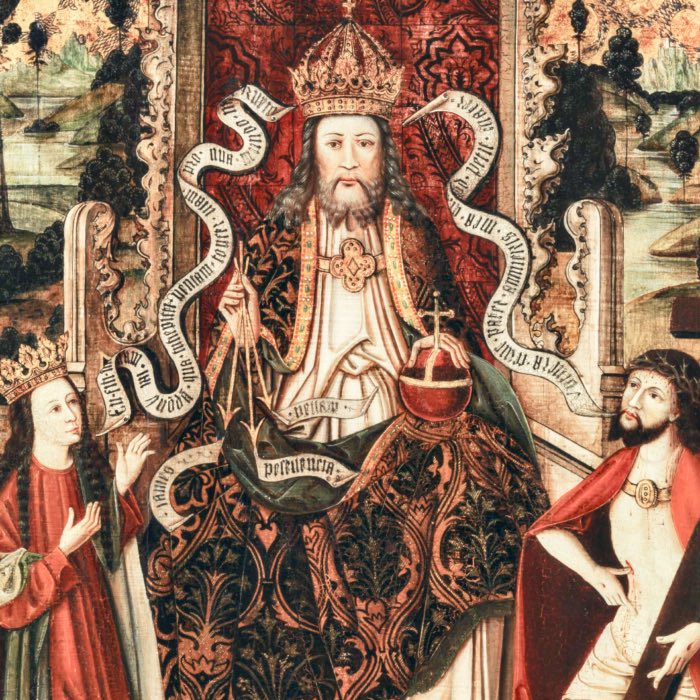

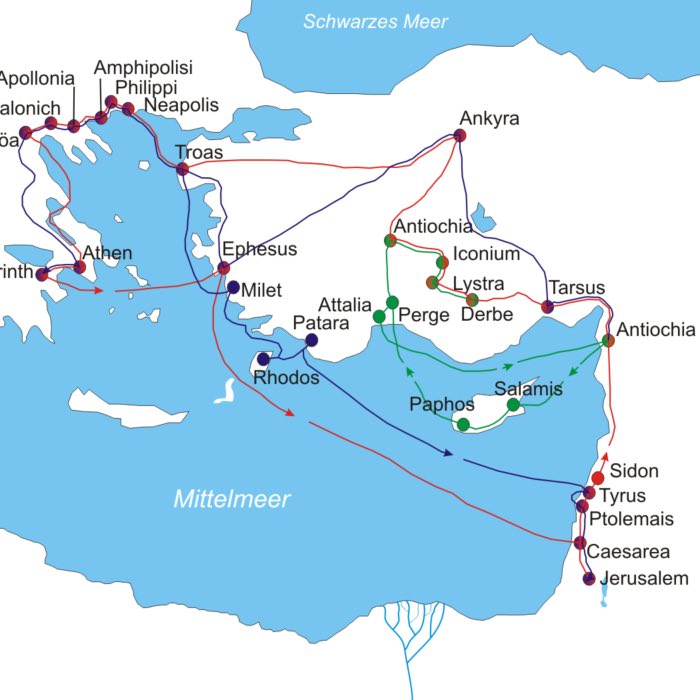

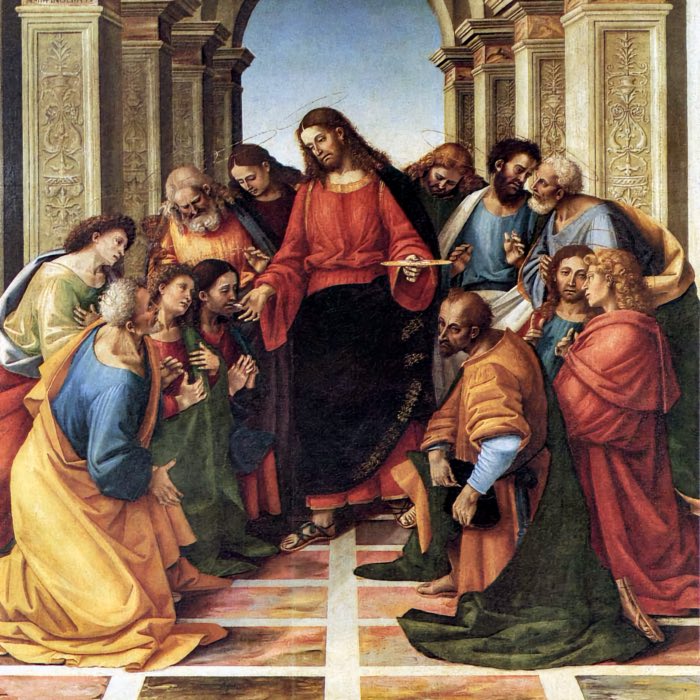

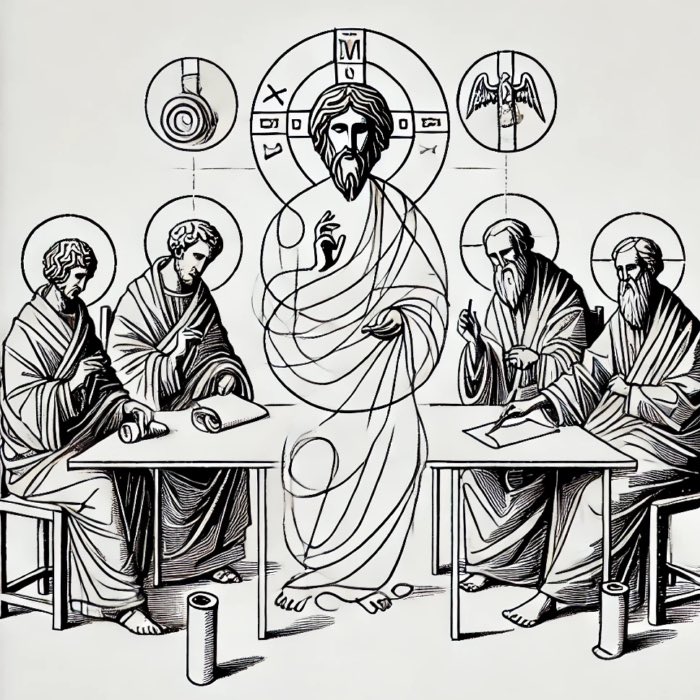












comments